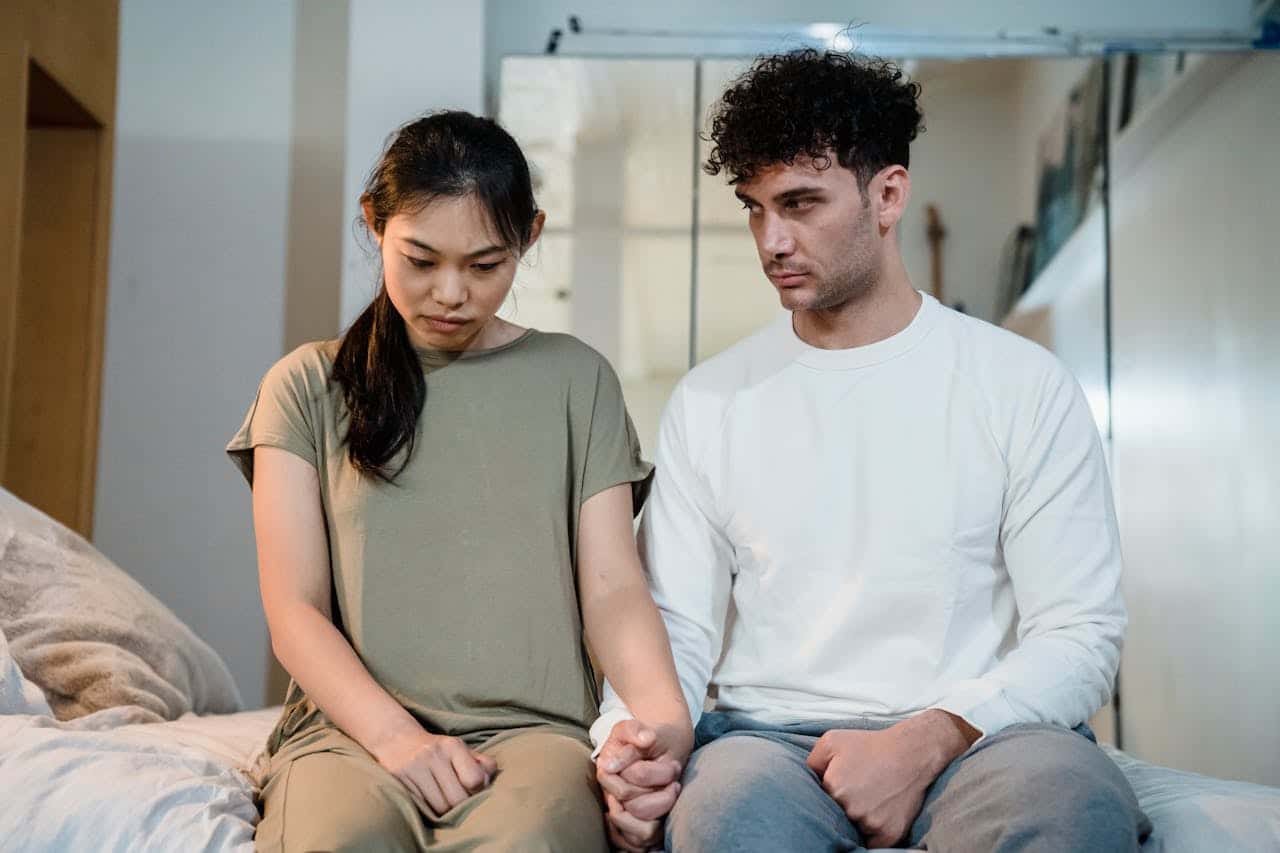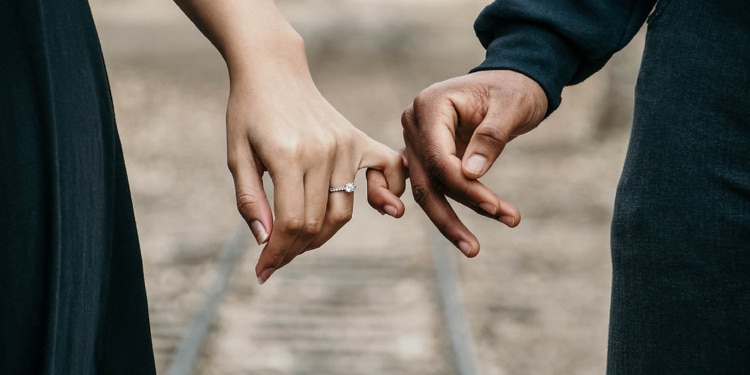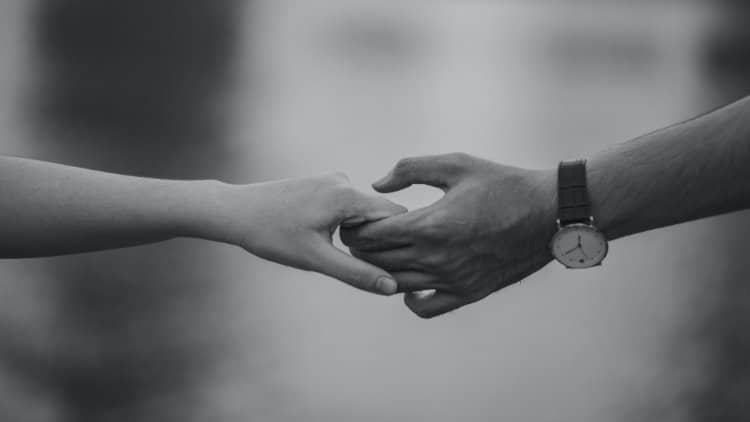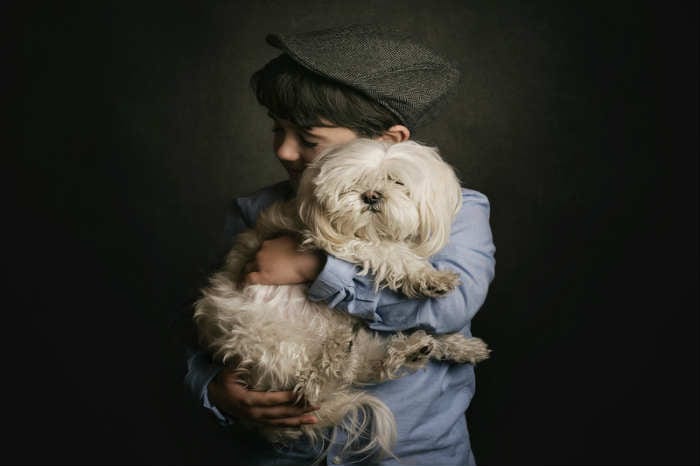











We all have people in our lives who are “huggers”. Some come right out and say, “I’m a hugger!” as their arms are already wrapping around you. Others don’t give very much of a warning! Hugs, while comforting for some, can be very overwhelming for others, and researchers have been attempting to discover the reasons for these differences in physical preferences. So, how do we identify as either “huggers”, “non-huggers”, or neutral? What do these gestures tell us about those around us?

Studies show that physical proximity preferences are usually molded in very early childhood and begin with the way a person is nurtured. If a person was raised by parents or caregivers who provided them with a lot of physical closeness, studies show that these people may have developed positive emotional responses to this kind of touch that they carried with them throughout their lives. Oxytocin, often called the “love hormone” is often excreted during physical contact with those that a person trusts and loves, and this helps increase their bond and connection to one another. For a person who was hugged or cuddled a lot as a child, their bodies likely excreted oxytocin during hugs which helped them to feel positive emotional responses and closeness with those around them. Obviously, if hugs were associated with closeness and happiness, it makes sense that someone would want to carry that out and use this behavior to show affection with those they love in their lives as adults!
But, what if they come in contact with someone who did not have this same upbringing? Researchers have found that growing up in an environment without much physical contact can either cause a person to prefer contactless interactions with those around them, or it could make them increase their physical contact with others, seeming to make up for what they were craving when they were children. While this may seem like a personal preference that can be discussed and respected by the people around them, researchers are finding that a lack of physical contact during developmental periods could decrease the functioning of the oxytocin system in their brain and limit a person’s ability to have deep, intimate relationships with others. When this system is disrupted, it can be hard for people to understand social dynamics and cues of others and it can limit their ability to be social and make friendships. In addition to this, the benefits of hugging seem to outweigh the costs; research shows that those who felt affection from others had better immune systems than those who were affection avoidant.
What if a person came from a home with a lot of physical contact and still does not want to be hugged or touched? There are a lot of other reasons why this may be the case. Some people may come from a culture in which hugs or touching is considered inappropriate. Others may experience sensory sensitivity that can cause them to feel extremely sensitive to touch, often causing them to feel pain or anxiety when touched by others. This can be a result of a developmental disorder or an anxiety disorder and is often correlated with some social avoidance or lack of social interest. In addition to this, struggles with self-esteem and depression can also cause a person to not want to be in close proximity to others, thus making hugs uncomfortable. When someone does not feel comfortable in their own body, they can have a lot of anxiety or fear about others touching them, believing that someone may subsequently judge them or think poorly of them based on that interaction.
So, are you a hugger or a hug-avoider? Believe it or not, even though these preferences were brought on by how we were all raised, there are ways to change a person’s instinctual feelings about physical touch and hugs. Mental health professionals can help people become more connected to the reasons why they struggled with physical signs of intimacy and if the person is interested in improving this part of their life, they can work toward tolerating more physical contact with those in their life through therapy.